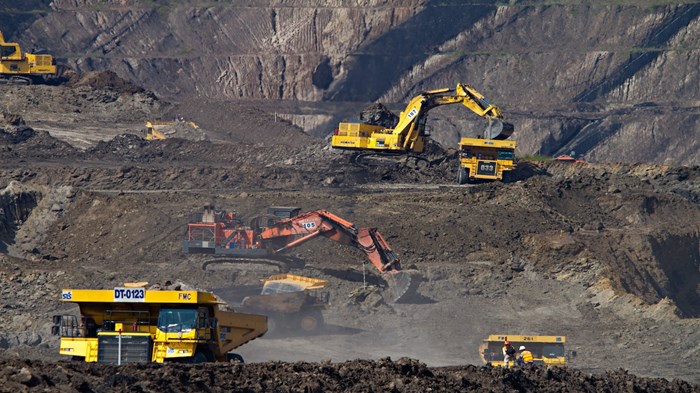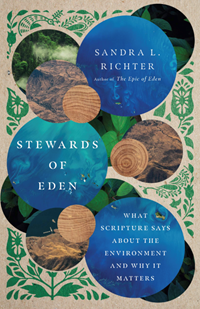Environment and the Poor

The first to be impacted by environmental degradation – strip mining, mountaintop removal coal mining, think of Haiti – are the poor. The connection of the poor to common environment foods – fish, plants, vegetables, etc – is tight and what is exploited of the former impacts the latter. Again, we are looking at Sandra Richter’s Stewards of Eden.
This book would be very helpful for a SS class, for a group study, and for a series of sermons (which many of our churches need to hear, and may get a little irritated by the messages).
Hence, the Bible’s strong concerns for the widows and orphans, those marginalized from family connections who then become vulnerable to the environment’s provisions.
p.p1 {margin: 0.0px 0.0px 0.0px 0.0px; font: 14.0px 'Times New Roman'}When you reap your harvest in your field and forget a sheaf in the field, you shall not go back to get it; it shall be left for the alien, the orphan, and the widow, so that the LORD your God may bless you in all your undertakings. When you beat your olive trees, do not strip what is left; it shall be for the alien, the orphan, and the widow.
When you gather the grapes of your vineyard, do not glean what is left; it shall be for the alien, the orphan, and the widow. Remember that you were a slave in the land of Egypt; therefore I am commanding you to do this (Deut 24:19-22).
p.p1 {margin: 0.0px 0.0px 0.0px 0.0px; font: 14.0px 'Times New Roman'}span.Apple-tab-span {white-space:pre}… learn to do good; seek justice, rescue the oppressed, defend the orphan, plead for the widow (Isa 1:17).
Religion that is pure and undefiled before God, the Father, is this: to care for orphans and widows in their distress, and to keep oneself unstained by the world (James 1:27).

God’s vision for creation and those made in God’s image was provision enough for all.
Progress would not necessitate pollution, expansion would not require extinction, and the privilege of the strong would not demand the deprivation of the weak. Yahweh’s world was a world in which there would never be hunger, homelessness, abuse, famine, geno-cide, or refugee camps. But as a result of the fall, all of these realities became resident on our planet. The ultimate objective of Gods great plan of redemption is to fix that.
To the world beyond the fall … It was patriarchal and tribal, which meant connection to a male was absolutely essential for safety and for survival.
As I have detailed in [her fantastic book] The Epic of Eden, in a tribal society the family is the axis of the community, and an individual is linked into the legal and economic structures of their society through their identity as a member of a particular family. Because Israel’s was a patriarchal tribal culture, the linchpin that connected each household to the larger society was the oldest male member of the family.
Death – disease, war, aging, accidents – threatened the life of dependents-on-the-male, which means women and children and servants and slaves.
What was Israel’s response to the loss of a male protector?
Thus those who found themselves without a bet-ab (house of the father) – the widow, the orphan, or the resident alien - also found themselves outside the society's normal circle of provision and protection.
Read the Book of Ruth to get a good feel for the environment, for the customs, for the morality, for the vision of social protection by the good people of Israel.
In sum, anyone finding themselves outside the bet-ab in Israel’s world was in dire circumstances. Therefore, much of Israelite law was designed to protect the bet-ab such that land tenure was ensured and widows and orphans were not created via the chaotic impact of of premature death. The ideal was that no one would fall outside the sheltering walls of the father’s household. Butwhen the worst happened charity was required.
The impact of this chp in Richter’s book is to look at what happens when environments are destroyed – as in Haiti, as in coal mining communities. What happens is that the poor are hurt first.
The Bible teaches both not to damage the environment and to care for those so marginalized, and the biblical trope for this is “widows and orphans,” which can be understood as the marginalized. Look to the marginalized and you may well find environmental degradation.
Jesus Creed is a part of CT's
Blog Forum. Support the work of CT.
Subscribe and get one year free.
The views of the blogger do not necessarily reflect those of Christianity Today.


















